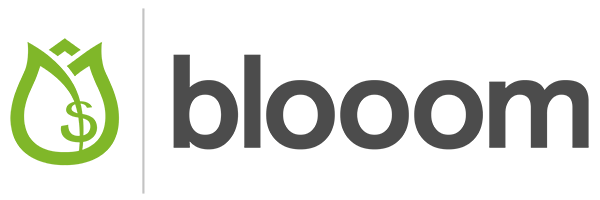Most know that Americans, particularly younger people from the Millennial Generation, are not saving enough for retirement these days, but another surprising group that isn’t saving is home business owners, according to CNBC. Without an employer-backed 401k or pension plan, home business owners are at a unique disadvantage when it comes to saving for retirement. Whereas you can currently contribute up to $18,000 annually to a 401k, with some employers offering a 3% to 6% match, IRAs are limited to $5,500 annually, or $6,500 if you’re 50 or older.
However, it’s never too late to start saving for retirement. Even if you love your business, you’ll likely want to step aside in the future. After all, you’ll want to pursue other personal activities like traveling, golfing, or simply spending more time with family instead of your clients and customers.
Retirement Planning for Home Business Owners
In order to make retirement planning less stressful for home business owners, here are a few considerations to make when revisiting or starting a new savings strategy for your golden years. Here are a few ways that I plan for my retirement…
What are your retirement goals?
To jumpstart your financial goals for retirement, you first need to write out what they are. You can get some insights from professional investors to help. Here are some questions you might ask yourself.
- At what age do I want to retire?
- How much money will I need to cover expenses, including emergency costs, during my retirement years?
- What is my personal net worth and how much debt do I expect to still have when I retire?
- Will I own my home outright by the time I retire, still be making payments, or renting my residence?
Once you go through your finances and write down your projected monthly budget, you’ll be in a much better position to stay on top of your investments, debts, and other financial matters. Additionally, you’ll know when you can retire as opposed to when you want to retire. This valuable information will help you avoid shutting down or selling your home business too early.
What will you do about medical care?
Without access to employer-sponsored health plans, it’s up to you how you’ll protect your health during retirement. For home business owners, you’ll have to enroll in Medicare at age 65 to avoid paying the delayed enrollment penalties.
Medicare Part A covers hospitalizations, Medicare Part B covers doctors’ bills and outpatient services, and Medicare Part D covers prescription drugs. You can opt for an all-inclusive Medicare plan for a nominal monthly fee, though be aware that you can no longer put money into a Health Savings Account once you enroll in Medicare, so save as much as you possibly can in an HSA before turning 65.
Max out your IRA
$5,500 per year doesn’t sound like much, but over time, this can make a huge difference to your retirement savings. Even after you retire, you can contribute up to $6,500 per year to your traditional or Roth IRA. Maxing out your IRA during retirement might seem like strange advice, but considering how much longer our lifespans are nowadays, you could live another 20 to 25+ years after your initial retirement date. This means you should try to extend your savings as much as possible, especially if Social Security payments are likely to decrease for recipients in future years.
If you’re looking for places to keep your accounts, you might want to check out investing with Betterment or Stash Invest. Both are great options for people looking for easy ways to get started investing.
Continue your life insurance policy
Another word of wisdom about retirement planning that people often find confusing is that you should continue your life insurance policy even after you retire. Since life insurance is typically viewed as protection against an early demise for the family breadwinner, it might seem strange to continue paying for this policy when you’re no longer making money from your home business.
However, this is important for helping your spouse, children, and/or relatives cover expenses. There will be funeral expenses, estate taxes, inheritance equalization, and they may need to supplement your retirement income. Remember, if you stop making payments on your life insurance policy, everything you contributed in the past will have been for naught, so keep paying for it during retirement!
Being a home business owner shouldn’t leave you at a disadvantage when it comes to planning your retirement. While you may have limited access to savings options compared to others with employer-backed 401k plans or retirement pensions, there are still plenty of ways to organize your finances in advance, develop a stable savings strategy, and maximize your income after retiring from the home business.
One great resource to manage your 401k retirement plan is blooom. Let the experts at bloom take a free peek at your 401k. Get real advice on how it’s doing and how it could be performing better.
When you become a member, blooom then makes trades to optimize your account based on your goals. Blooom can manage your 401k, 401a, 403b, 457, or Thrift Savings Plan (TSP). Be sure to read my review of blooom.

